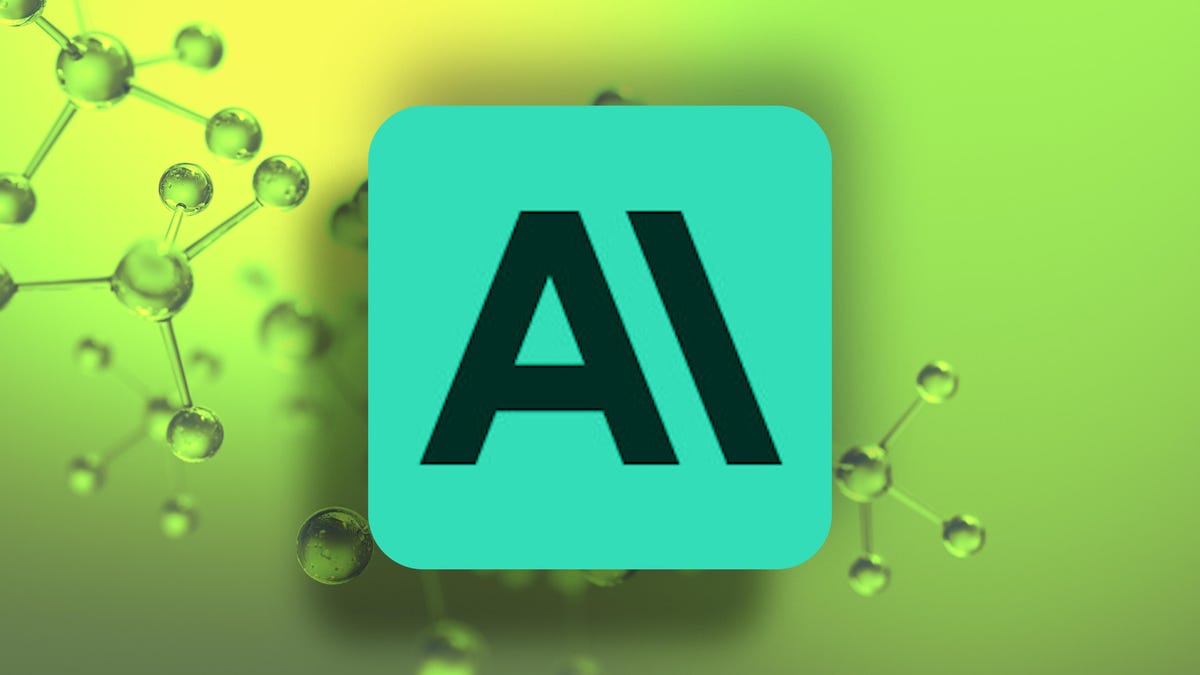Tech
New Research Suggests Overreliance on AI Could Hinders Critical Thinking

The Overreliance on AI: A Growing Concern
In an era where artificial intelligence (AI) is increasingly integrated into our daily lives, a study by researchers from Microsoft and Carnegie Mellon University sheds light on a pressing concern: the potential erosion of our critical thinking skills due to overreliance on AI systems. Presented at the CHI conference in Yokohama, Japan, the study highlights how AI, while enhancing efficiency, may diminish our capacity for independent problem-solving. This raises important questions about the balance between leveraging technology and maintaining human cognitive abilities.
The Study and Its Findings
The study defines critical thinking as a structured, step-by-step process beginning with knowledge acquisition, moving through understanding, application, analysis, synthesis, and culminating in evaluation. Surveying 319 knowledge workers, researchers observed that while generative AI boosts productivity, it may also reduce engagement in critical thinking and lead to long-term reliance on AI tools. This dichotomy suggests that the convenience AI offers might come at the cost of our ability to think critically without technological aid.
Workers’ Behaviors and AI Interaction
Interestingly, the study reveals that workers often use AI to verify their work against external sources, a practice that demands critical analysis. However, there’s a notable correlation: the more confidence workers have in AI, the less effort they expend on critical thinking tasks. Conversely, those with higher self-efficacy invest more effort in evaluating AI responses, indicating a complex interplay between trust in AI and human judgment. While AI accelerates information retrieval, it may also extend the time spent verifying accuracy, highlighting a trade-off between speed and scrutiny.
Broader Implications for Workforce and Society
The proliferation of AI across industries signals significant changes in the workforce, with potential reductions in job numbers. For instance, Klarna’s CEO has reduced staff, attributing this shift to increased AI adoption. Additionally, the reversal of AI safety regulations by former President Trump and Google’s lifted ban on AI for weapons development underscore a landscape where AI’s role is expanding rapidly. These developments amplify the study’s relevance, as workers increasingly manage AI-generated information, underscoring the need for strategies to maintain human critical thinking.
Historical Perspectives on Technological Advancements
Concerns about technology affecting cognition are not new. Historical examples, such as Socrates’ objection to writing and educators’ wary approach to calculators and the internet, illustrate a recurring theme: each technological leap prompts worries about diminished human capabilities. This context reminds us that while AI presents unique challenges, it is part of a continuum of technological evolution, where each advancement reshapes how we think and work.
Conclusion: Striking a Balance
In conclusion, while AI offers undeniable benefits, it is crucial to recognize the potential risks to critical thinking. The key lies in finding a balance—embracing AI’s efficiency without compromising our ability to think independently. Education and training play pivotal roles in fostering a workforce adept at both utilizing AI and maintaining strong critical thinking skills. By fostering this balance, we can navigate the AI-driven future with a blend of technological prowess and human insight, ensuring that AI serves as a tool to enhance, rather than replace, our cognitive abilities.











